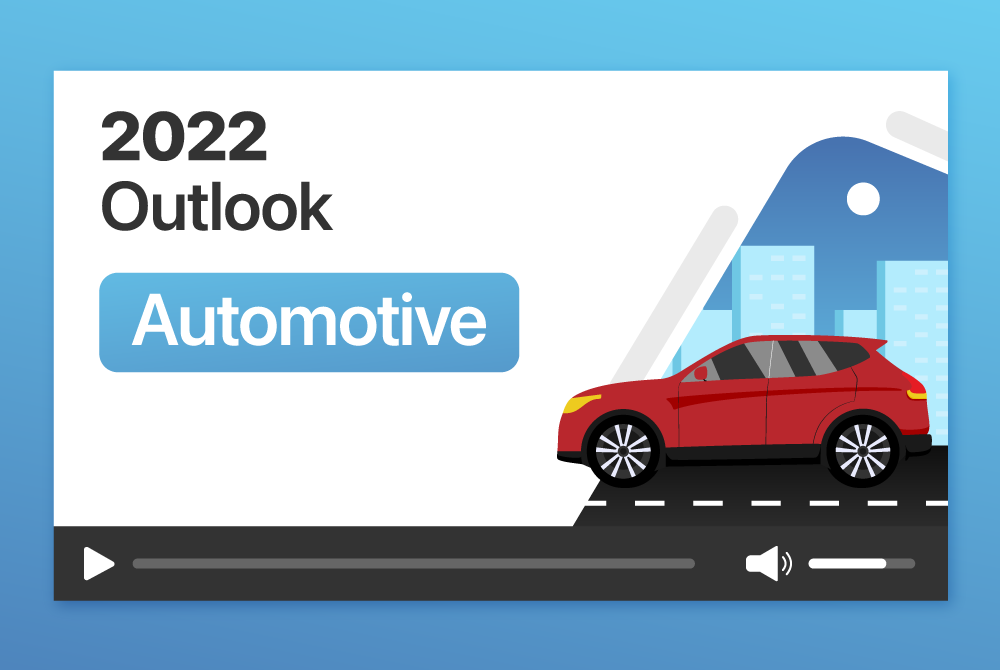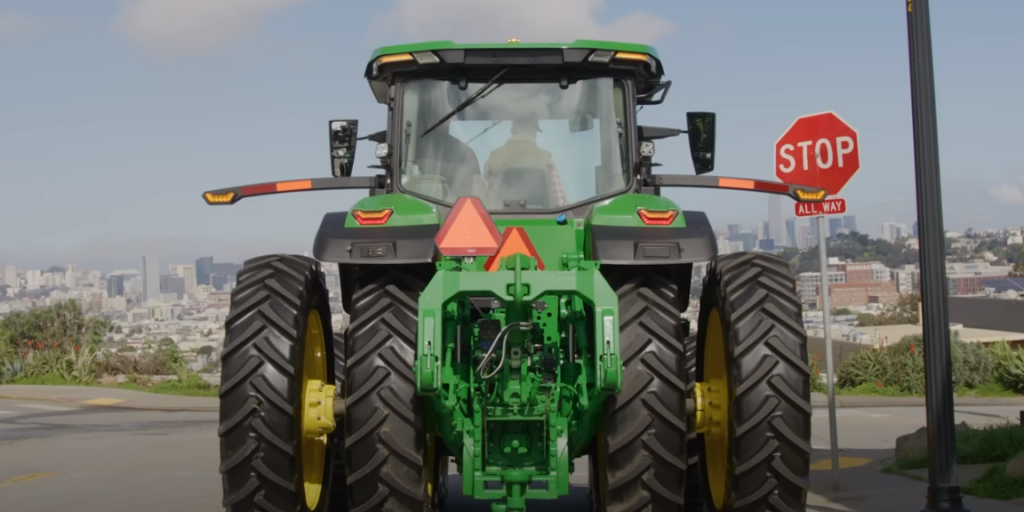As automotive marketers prepare for 2022, car companies are navigating product innovation in the face of global supply shortages and advancements in digital innovation as consumers increasingly shop online for cars.
The pandemic’s global shortages hit the automotive industry over the past year and a half, making it difficult for car makers to access semiconductor chips they need to make electric cars. This shortage could cost the global automotive industry a reported $210 billion in revenue in 2021. This could be overcome next year, but time will tell.
“In 2021, we have seen the ongoing importance of agility within the automotive industry, as the continuing challenges of the COVID-19 pandemic and the semiconductor shortage further accelerated the need to anticipate and respond to consumer preferences,” said Allyson Witherspoon, vice president and U.S. chief marketing officer at Nissan. “From prioritizing the production of our core models to expanding our online retailing capabilities with Nissan@Home, we have remained responsive and attentive to shifting customer needs. Looking ahead to 2022, one of the key challenges lies within data privacy, specifically how marketers must evolve our strategies to reach consumers in a cookie-less environment – all while maintaining the relevance and creative excellence needed to ensure that our efforts remain impactful and personalized based on where consumers are in the shopping process.”
As Angela Zepeda, CMO at Hyundai Motor America, looks ahead to the next year, she is staying agile.
“Looking ahead to 2022, as the last 18 months have taught us, we will continue to expect the unexpected,” said Zepeda. “We anticipate that consumer demand for personal transportation will remain strong. At Hyundai, we will be focused on delivering our customers a flawless shopping and ownership experience that includes more improvements and enhancements to the digital retail offerings at all of our dealerships. Next year, we also anticipate increased adoption of eco-friendly powertrains with more availability of our electrified lineup, including hybrid, plug-in hybrids, pure EVs and fuel cell vehicles. The automotive industry is always challenging, dynamic and ever-changing, and we are looking forward to growing the Hyundai business and our brand with consumers.”
Product innovation and new launches will be big for the automotive industry, particularly as demand for electric cars increases.
Melissa Grady, CMO of Cadillac said that the recent launch of the brand’s all-electric Cadillac LYRIQ has been exciting for the company and will be a big focus in 2022. “I can’t wait to see them in the hands of customers,” Grady told Brand Innovators. “Next year will be a major step forward for mass EV adoption, as GM and other OEMs are launching several highly anticipated models. We believe the influx of consumer choice, improvements to EV infrastructure, sourcing of sustainable materials, and availability of the latest technology will make EVs incredibly compelling in 2022 and beyond. Additionally, we anticipate a further embrace of digital shopping tools like Cadillac Live, our digital showroom that launched in 2019, and a redefining of the vehicle purchase experience.”
As consumers spend more time researching car purchases from the comfort of their own homes, automotive brands will continue to innovate the digital shopping experience.
“As marketing disruption continues in 2022 alongside continued pressure to balance creativity with performance, I see a new marketing playbook emerging, especially in automotive,” said Kimberley Gardiner, Chief Marketing Officer at Volkswagen.
Dan Gray, Digital Shopper Content Manager at Ford Motor Company said, “The global chip shortage has put a strain on the supply end of our business. The industry as a whole is looking at ways to better meet customer demand and provide real-time solutions based on customer expectations. Based on this, I would expect that we will continue to see more customized vehicle retail orders through a digital ecosystem compared to selecting what is available in dealer inventory.”




